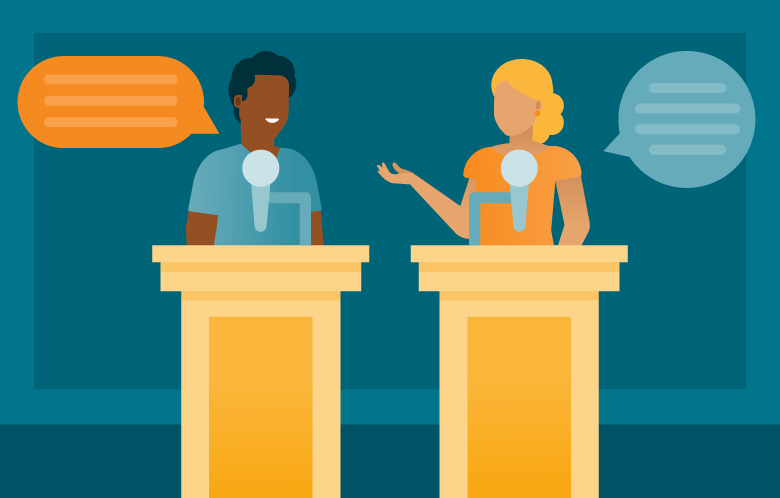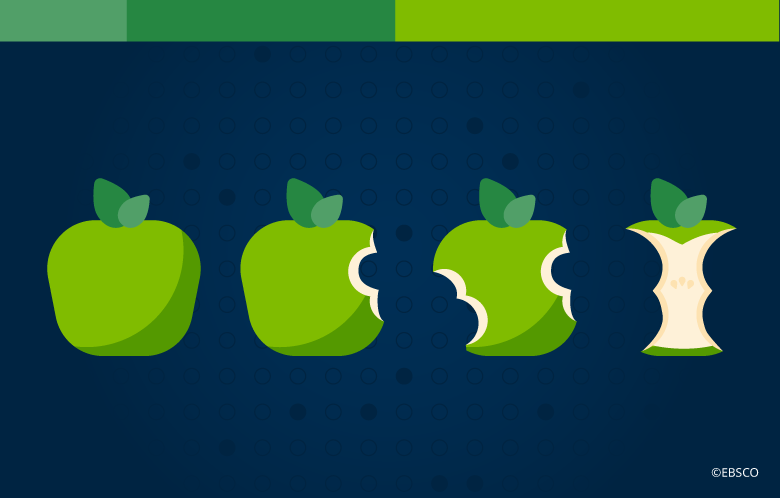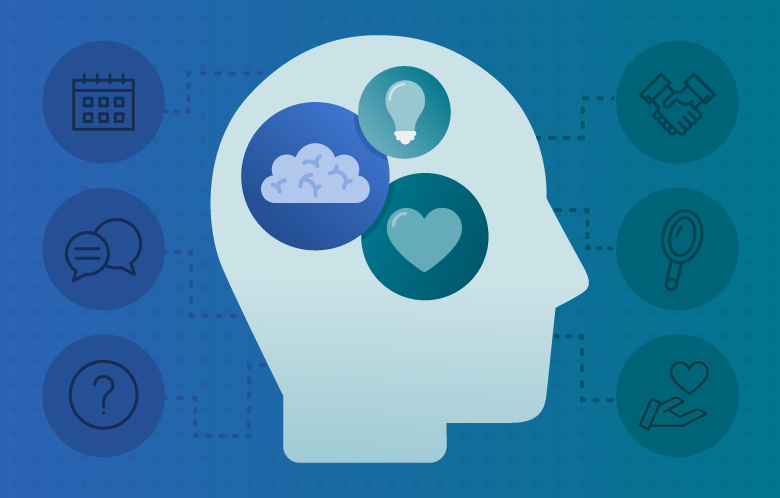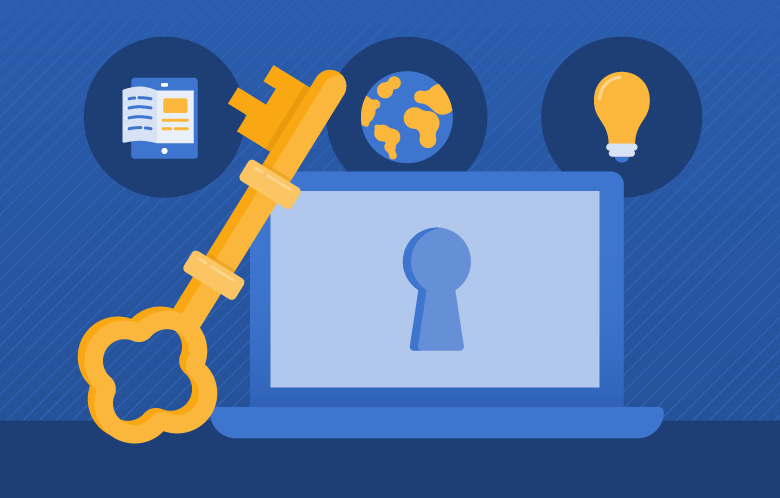In an era when news headlines, social media and clickbait compete for attention, and opinions are often mistaken for facts, balanced research is more important than ever. Librarians play a vital role in nurturing student inquiry and guiding public library patrons toward reliable information. By encouraging learners to consider multiple perspectives on controversial issues, librarians help develop critical thinking skills, support informed decision-making, promote well-rounded research habits, and foster meaningful discussions and debates — all important components of information literacy.
The Benefits of Balanced Research
Whether a student is writing a persuasive essay, or a community member is researching a policy debate, exposure to multiple viewpoints can lead to a deeper understanding of the topic. By examining various perspectives, researchers can:
- Recognize Bias: Comparing sources with differing viewpoints helps users identify bias, assess credibility, and strengthen their information literacy skills.
- Develop Critical Thinking: Analyzing multiple perspectives sharpens analytical skills, enabling users to evaluate arguments and evidence effectively.
- Make Informed Decisions: Understanding all sides of an issue allows individuals to form opinions based on evidence rather than emotion or misinformation, a key component of information literacy.
- Engage in Civil Discourse: Exposure to multiple perspectives fosters respectful dialogue and a greater appreciation for differing viewpoints.
Tools to Support Balanced Research and Information Literacy
Librarians can equip users with essential tools and strategies to explore all sides of an issue. Key resources include:
- Points of View Ultimate – This essential database provides a structured approach to hundreds of debate topics, offering background information, arguments from multiple perspectives, and critical thinking guides to help users analyze issues objectively. Available through the enhanced Explora research experience, Points of View Ultimate includes full-text articles from magazines spanning the political and philosophical spectra, curriculum-aligned reference content, a complimentary e-book collection, and engaging videos from various providers — making it a valuable resource for teaching balanced research and information literacy.
- Primary and Secondary Sources – Encouraging users to examine a mix of primary sources (such as speeches, interviews and government documents) alongside secondary analyses ensures a fuller understanding of an issue.
- Fact-Checking Resources – Directing users to reputable fact-checking sites (e.g., FactCheck.org, PolitiFact and Snopes) helps them verify claims and identify misinformation — an essential part of practicing information literacy. Visit EBSCO Connect for additional research and writing resources and our lesson plan, Spotting Fake News and Images on the Web.
- Evaluative Research Methods – Teaching users to apply frameworks such as the CRAAP test (Currency, Relevance, Authority, Accuracy and Purpose) helps them assess the reliability of sources and build strong information literacy skills.
- Library-Led Workshops – Hosting sessions on media literacy, research strategies and bias recognition can provide hands-on learning opportunities for students and patrons alike, reinforcing the importance of information literacy in everyday life.
Fostering a Culture of Inquiry
Librarians have a unique opportunity to cultivate a culture of curiosity and open-mindedness by encouraging users to ask thoughtful questions, challenge assumptions, and seek varied sources. In a world where misinformation can spread rapidly and echo chambers can limit exposure to diverse perspectives, this approach reinforces the habits of lifelong learning and informed decision-making. By guiding researchers to explore all sides of an issue, librarians empower them with the knowledge, skills and confidence needed to navigate today’s complex information landscape.



